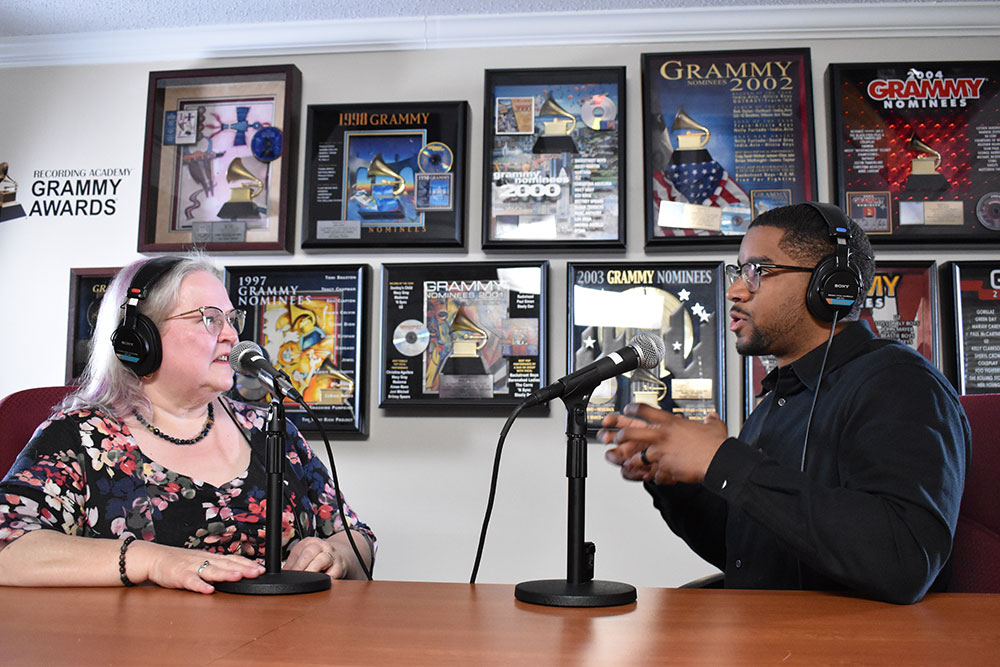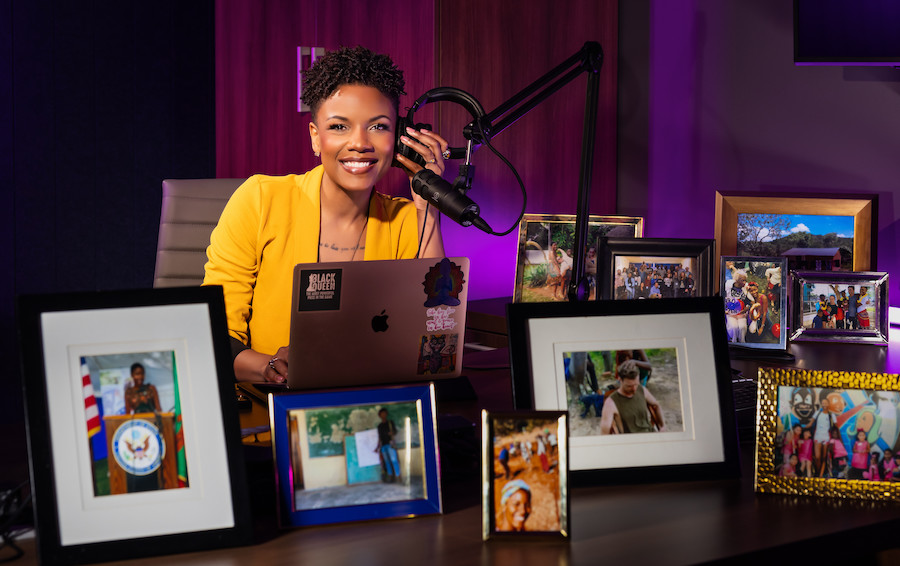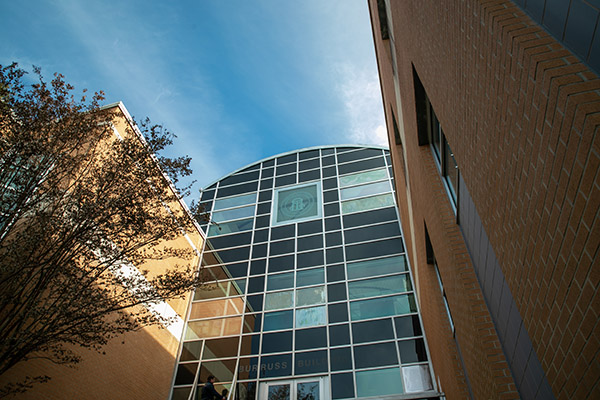
Second Coles Research Symposium Promotes Collaboration
KENNESAW, Ga. | Oct 22, 2019
For Dr. Jomon Paul, the recent Research Symposium on Homeland Security offered more than a chance to discuss vital research on public safety with colleagues and students. It also provided an opportunity for Kennesaw State University to build stronger relationships with other key research institutions around Georgia and around the country.
Paul is the Director of Research for the Michael J. Coles College of Business. With a PhD in industrial engineering focusing on operations research, he has built a career conducting research on healthcare, transportation, and disaster planning.

The second annual Research Symposium on Homeland Security, held on Oct. 10, brought top researchers in these and other security-related fields together to share their findings and gain new insights from one another. Presenters included Drs. Leo MacDonald and Aniruddha Bagchi from Kennesaw State; Dr. Mathieu Dahan from Georgia Institute of Technology; Dr. Shane Sanders from Syracuse University; Dr. Stergios Skaperdas from University of California, Irvine; Dr. Sheldon Jacobson from University of Illinois; and Farooq Naiyer with ORION, Canada’s largest research and education network.
“We wanted speakers that were appealing to a wide audience and that all bring in different perspectives: economics, cybersecurity, information systems, and operations research,” Paul said. “They all look at the same problems [public safety and security] from different perspectives. They are solving different sub-problems.”

Among the featured research projects was an examination of the TSA’s PreCheck system, a study of how universities can protect themselves from cyberattacks, a look at the link between the strength of a country’s human capital and its likelihood to experience domestic terrorism, and a review of strategies for securing valuable infrastructure from cyberattacks.
It was important to Paul that the symposium provide Coles College researchers with an opportunity to share ideas with their counterparts in Georgia and beyond.
“I wanted to use it as a way to connect better with Georgia Tech and other big players in the area from a research perspective,” he said. “That definitely motivated the selection of participants.”
The event also promoted collaboration within Coles College. Paul partnered with the Bagwell Center for the Study of Markets and Economic Opportunity to co-host the event. The Bagwell Center invited Sanders – a recognized authority on sports economics – and Skaperdas – director of UC Irvine’s Center for Global Peace and Conflict Studies – to lead sessions at the symposium and to host separate presentations specifically for the Center.

Dr. Timothy Mathews, executive director of the Bagwell Center, said the symposium’s goals aligned closely with his Center’s mission.
“The research symposium provides an excellent opportunity to bring in well-established scholars to speak on important issues that influence economic outcomes,” he said.
In addition to faculty researchers, the symposium highlighted four research projects conducted by Kennesaw State students in the areas of cybersecurity and conflict management. Economics professor Dr. Marcus Marktanner served as faculty advisor on a project researched by Almuth Merkel, a PhD student in the School of Conflict Management. Her study examined the effect foreign aid might play on worsening political conflicts.

The presence of student presenters is essential to the symposium’s success, Paul said, as is inviting undergraduate students to attend the symposium and learn from the speakers.
“A significant component of this event is student engagement and highlighting student work,” he said. “We are elevating those interactions with students at a higher level.”
Going forward, Paul would like to see future homeland security research symposiums continue to collaborate with more researchers inside and outside Coles College.
“Part of what drives me to keep going back is that I’m seeing a lot of work in this area not only from Coles College, but across the board,” he said. “It was a great event to bring all these players together and realize that we can do something bigger.”
-Patrick Harbin
Related Posts

Kennesaw State Partnership Equips Local Entrepreneurs with Tools for Success

Gathering Spot CEO Ryan Wilson on Building a Social Club to Inspire Connections.

Kennesaw State MBA student leveraging degree work for a cause

CEO Magazine Ranks Kennesaw State Executive MBA Top Program in Georgia, No. 11 in the World














